Play Games and Earn LUCK.

Play Games and Earn LUCK.

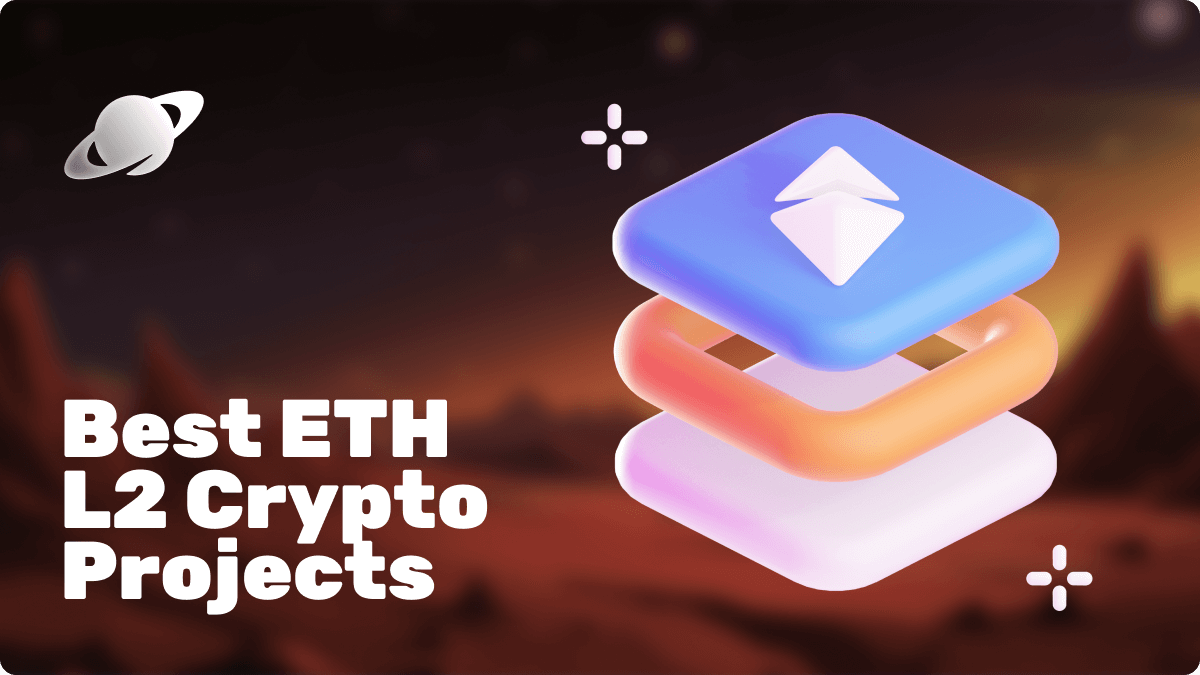
As the crypto market heats up during bullish phases, Ethereum mainnet transactions often become prohibitively expensive. This has led to a surge in the development of Layer 2 (L2) networks, designed to make Ethereum transactions cheaper, faster, and more scalable.
In this guide, we’ll explore the top Ethereum Layer 2 crypto projects poised for growth in 2024. We'll evaluate them based on factors like tokenomics, network activity, market cap, technology, and more.
Ethereum’s Layer 2 solutions offer a range of benefits, including high scalability, low transaction fees, and strong security—all while maintaining compatibility with the Ethereum mainnet. Below are some of the best Layer 2 crypto projects to watch in 2024:
Let’s dive deeper into what makes these projects unique and why they stand out in the crowded crypto space.
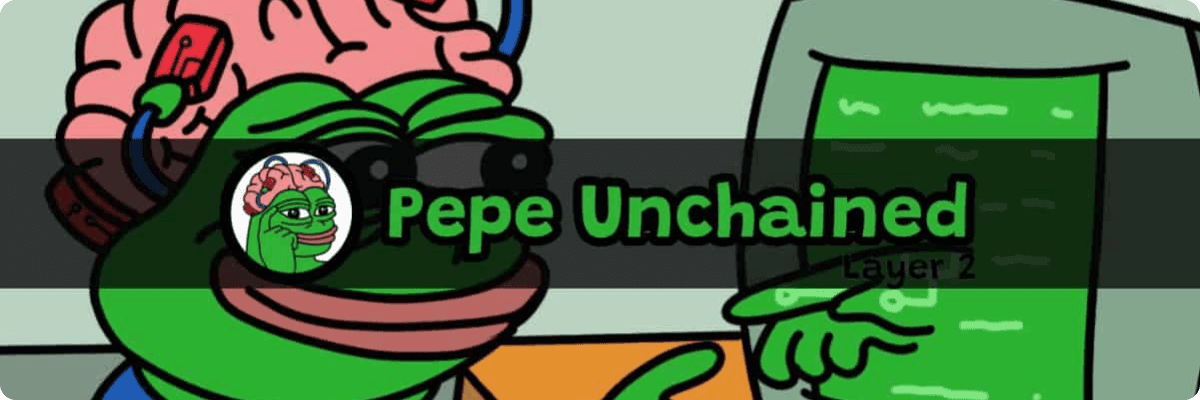
Pepe Unchained takes the concept of meme coins to the next level by launching on its own Layer 2 chain, built atop Ethereum's Layer 1. This unique setup not only allows for low transaction fees but also boasts up to 10x faster transaction speeds compared to Ethereum. The ecosystem offers users opportunities to trade, stake, and interact within a dedicated community, making it much more than just another meme coin.
The presale of Pepe Unchained has already attracted significant attention, raising over $1.8 million. The $PEPU token is used for all gas fees within the ecosystem, and staking options are available with an impressive annual percentage yield (APY) of around 1,200%. The combination of high staking rewards, low fees, and the novelty of being the first Layer 2 Pepe token positions Pepe Unchained as a noteworthy project to watch in 2024.
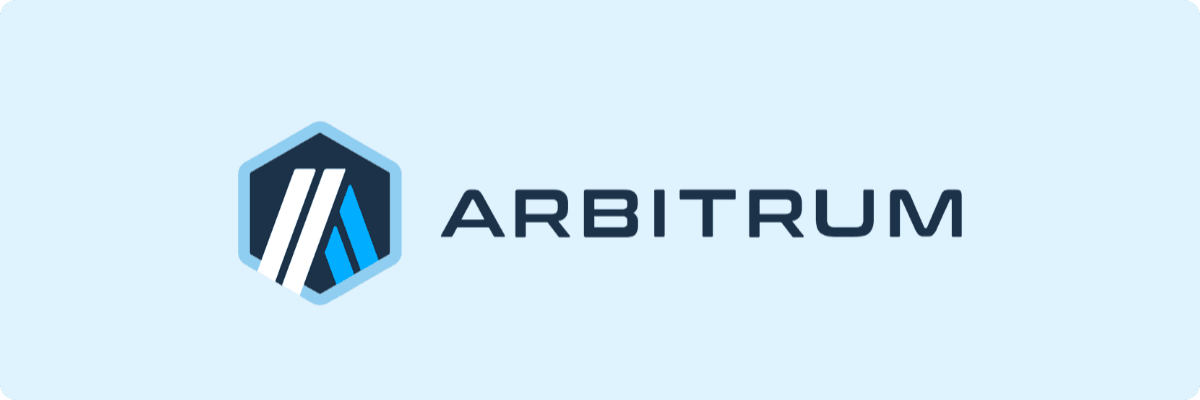
Arbitrum is widely regarded as the leading Layer 2 solution for low-cost transactions on Ethereum. Utilizing optimistic rollup technology, Arbitrum batches multiple transactions together before submitting them to Ethereum's mainnet, significantly reducing gas fees. This makes it an ideal platform for decentralized applications (dApps) that require cost-effective and efficient processing.
The Arbitrum ecosystem includes both Arbitrum One and Arbitrum Nova, which leverage the Arbitrum Nitro stack for enhanced throughput and reduced costs. With a total value locked (TVL) of over $2.97 billion, Arbitrum has established itself as a robust platform for developers and users alike. The ARB token plays a key role in decentralized governance, allowing users to vote on network upgrades and proposals, further cementing its position as a top Layer 2 solution.
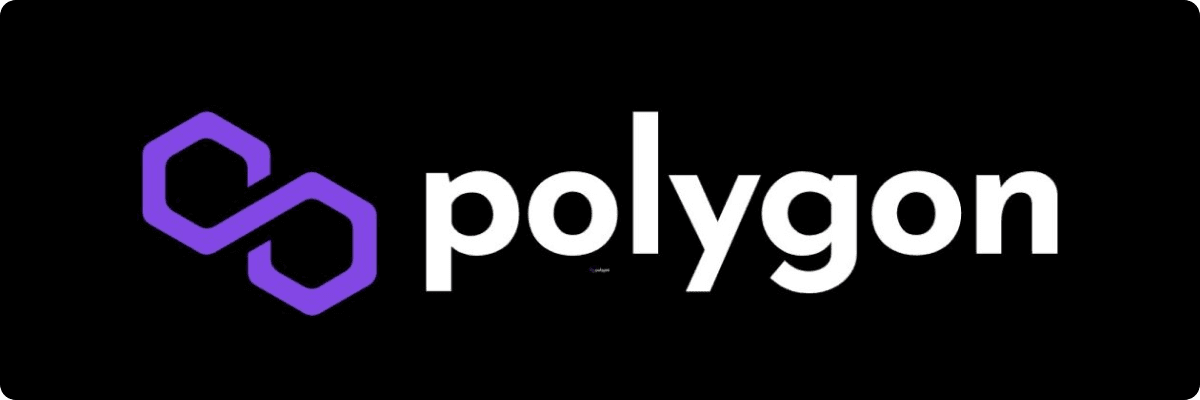
Polygon stands out as the most versatile Ethereum Layer 2 solution, offering a variety of technologies to scale Ethereum. From Polygon PoS, which enhances transaction throughput and reduces gas fees, to zkEVM and Polygon Miden, the platform caters to a wide range of developer needs.
Polygon’s adaptability extends to its recently launched Polygon 2.0, introducing the POL token—a hyperproductive token that facilitates staking and governance across multiple chains. The platform's broad range of tools and features make it a top choice for developers looking for scalable and versatile solutions on Ethereum.

Optimism is the go-to Ethereum Layer 2 project for EVM equivalence, ensuring seamless compatibility with Ethereum's smart contracts and dApps. By using Optimistic Rollups, Optimism processes transactions off-chain and only records the results on Ethereum, maintaining high throughput while leveraging Ethereum’s security.
The OP token is central to the network's governance and incentivizes participation, reflecting Optimism’s commitment to decentralization and community involvement. With continuous infrastructure improvements planned, Optimism is well-positioned to remain a leading Layer 2 solution.

Blast L2 differentiates itself through its innovative yield generation mechanism, allowing users to earn passive income on ETH and stablecoins like USDC, USDT, and DAI directly through Ethereum’s staking and Treasury Bill protocols. This feature simplifies the process for users and adds a unique value proposition within the Layer 2 ecosystem.
Utilizing optimistic rollup technology, Blast ensures compatibility with Ethereum's ecosystem while providing a gas revenue-sharing model that redistributes net gas fees to dApp developers. With a TVL of over $500 million shortly after launch, Blast is a project to keep an eye on as it continues to innovate within the Ethereum Layer 2 space.

Loopring is a blockchain-agnostic protocol that excels in building decentralized exchanges (DEXs). By utilizing zero-knowledge rollups, Loopring processes trades off-chain and settles them on-chain, blending the efficiency of centralized exchanges with the security of decentralized platforms. This makes it a popular choice for developers looking to create secure and scalable trading platforms.
The LRC token is integral to the network’s staking, governance, and earning mechanisms, ensuring that Loopring remains a top choice for those looking to build and operate decentralized exchanges on Ethereum.

Eclipse sets itself apart as the fastest Ethereum Layer 2 solution, leveraging the Solana Virtual Machine (SVM) for execution, which allows it to handle a high volume of transactions with minimal latency. By settling on Ethereum and utilizing Celestia for data availability, Eclipse combines the speed of Solana with the security of Ethereum, making it ideal for applications that require quick processing times.
Eclipse’s unique approach includes using RISC Zero for efficient zero-knowledge fraud proofs, and it does not have its own token, instead using ETH for gas fees, simplifying integration with Ethereum’s DeFi and NFT ecosystems.
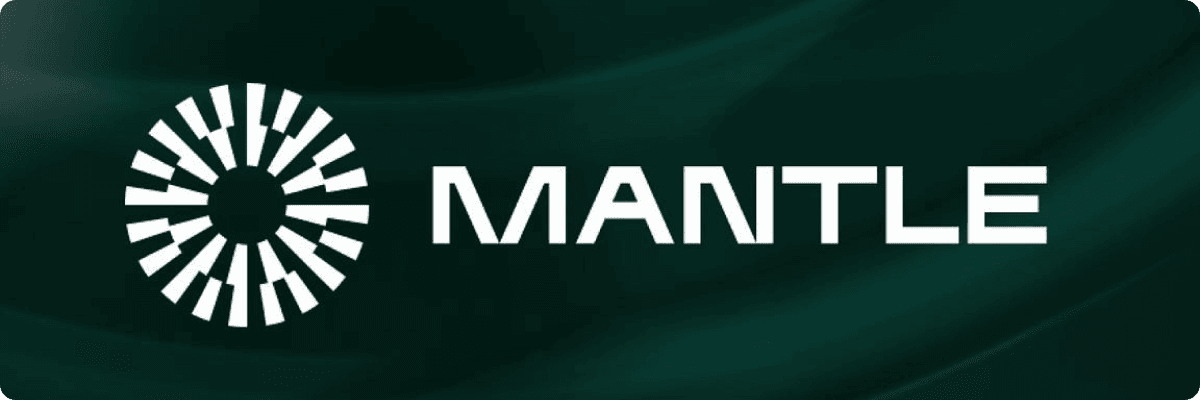
Mantle stands out as the best Layer 2 solution for decentralization, thanks to its DAO-governed network and modular architecture. By separating transaction execution, data availability, and transaction finality into distinct modules, Mantle ensures a high level of decentralization and flexibility.
The recent merger with BitDAO further strengthens Mantle’s ecosystem, positioning it as a leading choice for developers and users who prioritize decentralization. The MNT token plays a central role in the governance model, enabling token holders to influence the direction of the network.
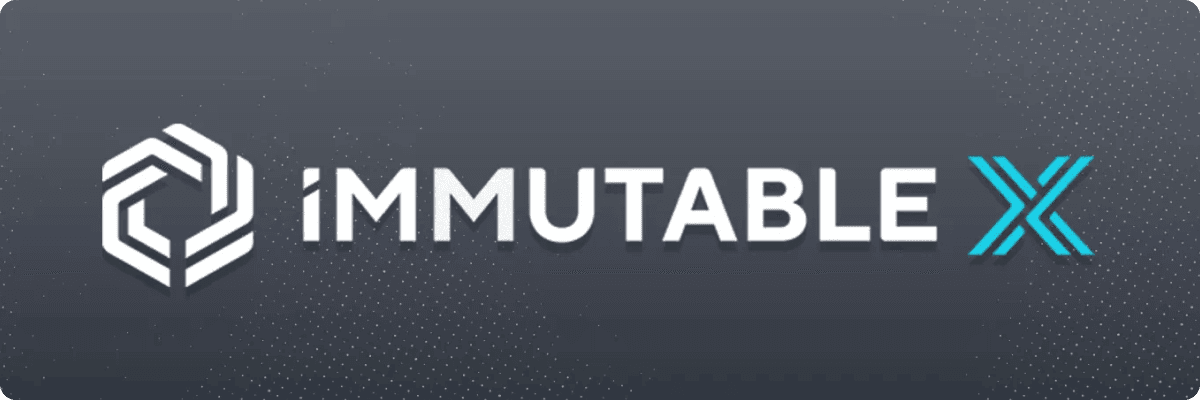
Immutable X is the top Layer 2 solution for NFTs and blockchain gaming, offering gas-free minting and trading with instant transaction speeds. Built on StarkWare’s ZK-Rollup technology, Immutable X enables high-volume NFT transactions without compromising security, making it an attractive platform for creators and traders alike.
With a carbon-neutral approach and easy API integration, Immutable X is a go-to platform for developers looking to launch and manage NFT projects. The $IMX token is used for staking, governance, and transaction fees, further enhancing the platform’s appeal.
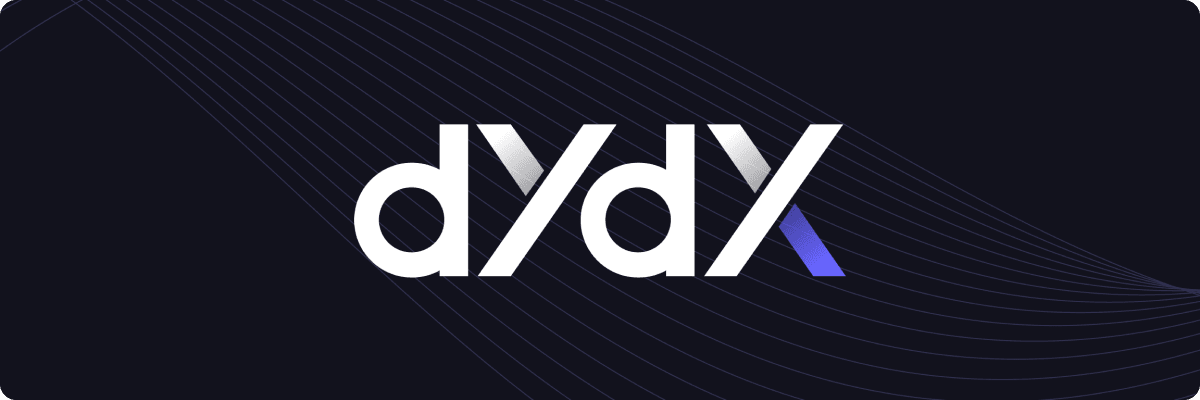
dYdX is the premier Ethereum Layer 2 solution for decentralized perpetual trading, offering a unique off-chain order handling system that significantly improves throughput and reduces gas fees. With support for margin and perpetual trading with up to 20x leverage, dYdX caters to professional traders seeking advanced tools.
The platform’s transition to dYdX v4 on the Cosmos SDK will further decentralize and enhance its performance, ensuring that dYdX remains a top choice for decentralized trading.

Shibarium is the top Layer 2 project for community-driven initiatives, leveraging a proof-of-participation (PoP) consensus mechanism to ensure a fair and scalable transaction platform. By significantly reducing transaction costs and integrating with the Shiba Inu ecosystem, Shibarium offers a compelling option for developers looking to build on a community-centric platform.
Each transaction on Shibarium burns SHIB tokens, adding a deflationary aspect to the ecosystem and potentially increasing the value of SHIB. The platform’s governance model, supported by the BONE token, and its EVM compatibility further promote its adoption and utility within the Ethereum ecosystem.

Ethereum Layer 2 projects are designed to enhance the scalability and efficiency of the Ethereum network, which, as a Layer 1 blockchain, struggles with limited throughput and high transaction fees. Layer 2 solutions build on top of Ethereum’s main blockchain (Layer 1) to handle most of the transaction processing, thereby alleviating the load on the main chain. These solutions finalize transactions on Layer 1, ensuring that they benefit from Ethereum's security while significantly reducing costs and improving speed.

Several types of Ethereum Layer 2 solutions exist, each with its unique approach to scaling:
Rollups: Rollups are one of the most popular Layer 2 solutions, with two main types: Optimistic Rollups and zkRollups. Optimistic Rollups assume transactions are valid by default, using a fraud-proof mechanism to challenge any incorrect transactions. Examples include Optimism and Arbitrum. zkRollups on the other hand use cryptographic proofs known as zero-knowledge proofs to verify transactions, ensuring high security without exposing transaction details. Examples include zkSync and Starknet.
Sidechains: These are independent blockchains that run in parallel to Ethereum. They have their own consensus mechanisms and rely on bridges to interact with Ethereum. An example is Polygon (before it integrated zkRollups).
Sidechains: These are independent blockchains that run in parallel to Ethereum. They have their own consensus mechanisms and rely on bridges to interact with Ethereum. An example is Polygon (before it integrated zkRollups).
State/Payment Channels: These allow two parties to transact off-chain, only recording the final state of their interactions on Ethereum. They are ideal for frequent, low-value transactions, offering instant finality and low fees.
Plasma Chains: Plasma chains operate as "child" chains of Ethereum, where smaller copies of the Ethereum blockchain process transactions. While they offer low costs and high throughput, they are still under development and less widely used.
Validiums: These use off-chain computation with zero-knowledge proofs like zkSNARKs and zkSTARKs. Validiums publish proof on Ethereum to verify transactions but keep data off-chain, offering high scalability and reduced gas fees, though they are hardware-intensive.

Ethereum Layer 2 projects present attractive investment opportunities due to the following reasons:
Improved Scalability and Efficiency: Layer 2 solutions enhance Ethereum’s transaction throughput, significantly improving its ability to handle growing demand.
Growing Demand and Adoption: As cryptocurrencies become more mainstream, the need for scalable solutions increases, driving the demand for Layer 2 projects.
Reduced Gas Fees: By processing transactions off-chain, Layer 2 solutions reduce the gas fees associated with using Ethereum, particularly during times of network congestion.
High Upside Potential: With relatively low market caps compared to Ethereum or Bitcoin, many Layer 2 projects offer significant upside potential, making them appealing to investors looking for growth opportunities.
Ethereum Layer 2 projects are essential for scaling the Ethereum network, addressing its limitations in throughput and cost. By understanding the different types of Layer 2 solutions and their benefits, investors and developers can make informed decisions about leveraging these technologies for improved performance and potential financial returns.
Whether you’re an investor or a developer, keeping an eye on the above projects could provide valuable opportunities in 2024 and beyond.